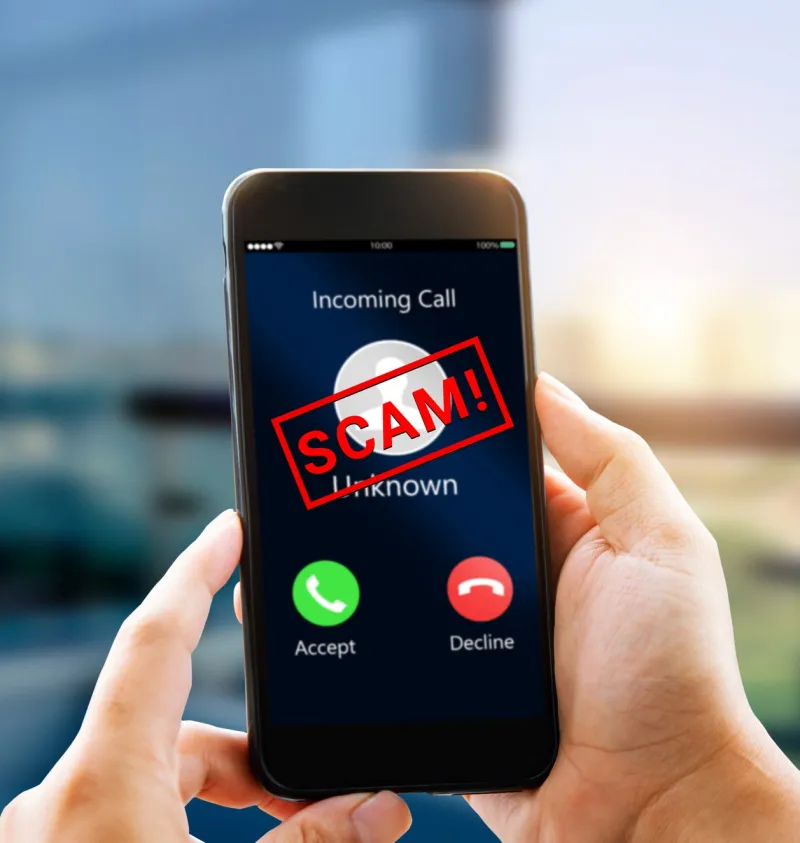
People who are about to get mail from HMRC should be careful, according to a financial expert.
Four million Britons who may have overpaid income tax are getting letters from HMRC with their tax calculations. These individuals include PAYE workers and pensioners who may have received incorrect charges. Scammers are taking advantage of the fact that these return letters are showing up on doorsteps to pretend to be from HMRC and get people to click on phishing links or give out personal information.
Experts at Ocean Finance state that this information is based on a new study involving 1,500 adults in the UK. According to the company, 38% of individuals have experienced scams or know someone who has.
One in five people (20%) said they were worried about scammers pretending to be banks, energy companies, or government departments that they believe. The risk was also rising, as 20% of Brits said they had clicked on a questionable link, making them easy targets for phishing scams.
Action Fraud says that 367,456 claims of cybercrime and fraud were made in the UK in the year ending July 9, and scammers stole £2.8bn the same year.
Financial crime manager at Ocean Finance Siobhan Bambrough said, “Scammers know that tax refund letters will be coming in this summer, which gives them the perfect cover.” If someone is waiting for a rebate, they are more likely to accept a text or email that says “claim now.”

“But HMRC will never call, text, or email you about a refund out of the blue.” Your tax account at Gov.uk will either send you a check or tell you to claim the money through your account.
“Several things can lead to overpayments.” You may have been on the wrong tax code. This situation frequently occurs when HMRC possesses outdated information regarding your income.
People frequently experience this issue when they switch jobs and receive payments from two different companies in the same month. Some people realize they paid too much when they start getting a private or company pension or when they start getting benefits like Jobseeker’s Allowance or Employment and Support Allowance.
“Do not click, reply, or share your information if you were not expecting a message.” Fraudsters often trick people by putting pressure on them, using fake phone numbers, and making fake websites. Trust your instincts and utilize HMRC’s email scam form to report any suspicious activity. Being careful for a few seconds could save you thousands.
Read About: investment Tips are Best for Beginners
Here are steps to take if someone tries to scam you
Get in touch with your bank or card company: Siobhan said, “Your bank can freeze your card, look into it, and maybe give you your money back.” “You should act as soon as possible.”
Ask for a chargeback. Siobhan said, “If you paid with a debit card, a chargeback could help you get your money back.” You can dispute an unauthorized transaction and ask for a refund through this method.
Tell someone about the scam: Siobhan said, “Get in touch with Action Fraud to help the police catch criminals and stop scams from happening again.”
Change your passwords: Siobhan said, “If scammers got your login information, change your passwords right away.” Set up two-factor security and use strong, unique passwords. 53% of Brits use the same password for more than one account, which makes them easy for hackers to get into.




